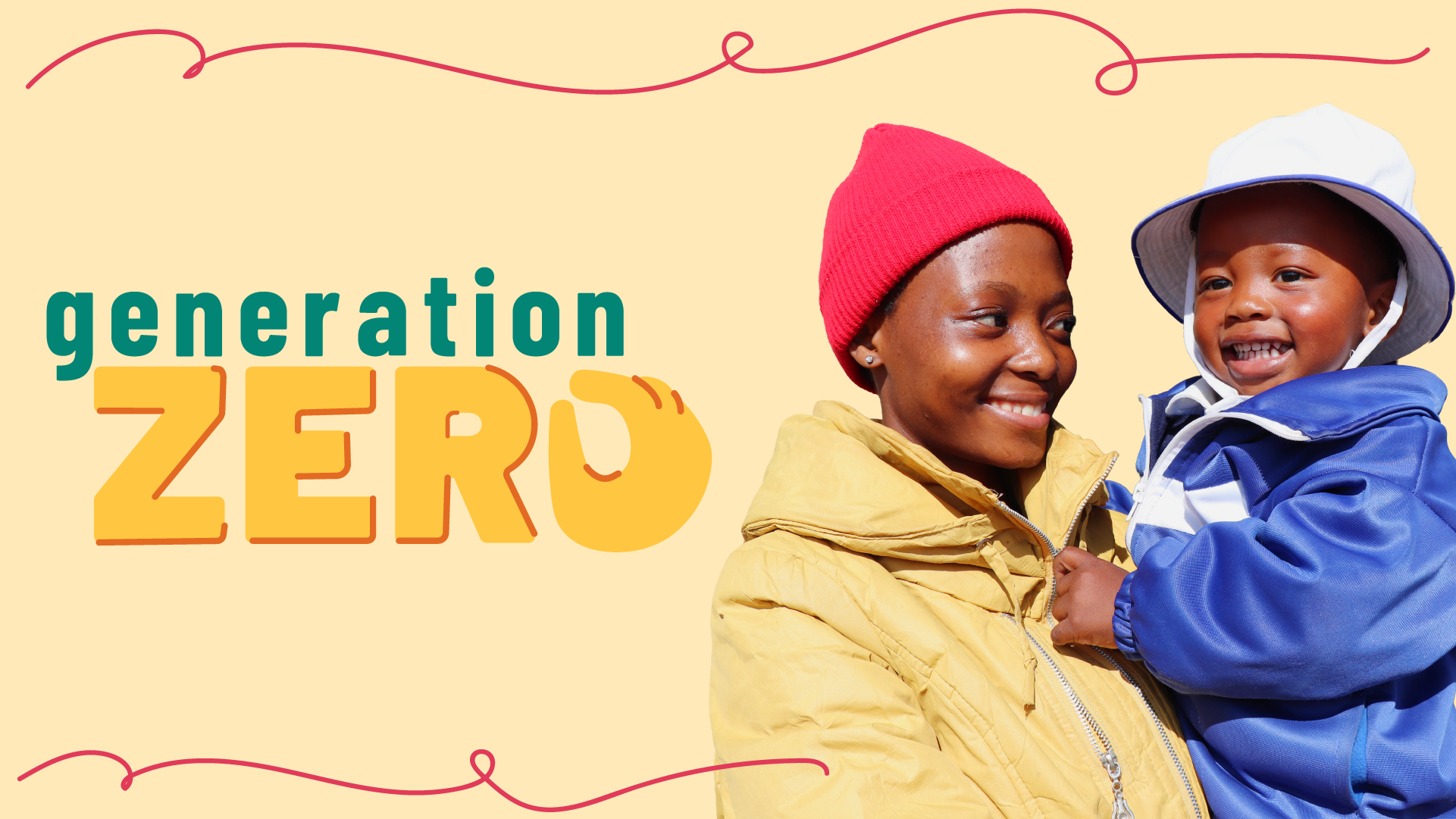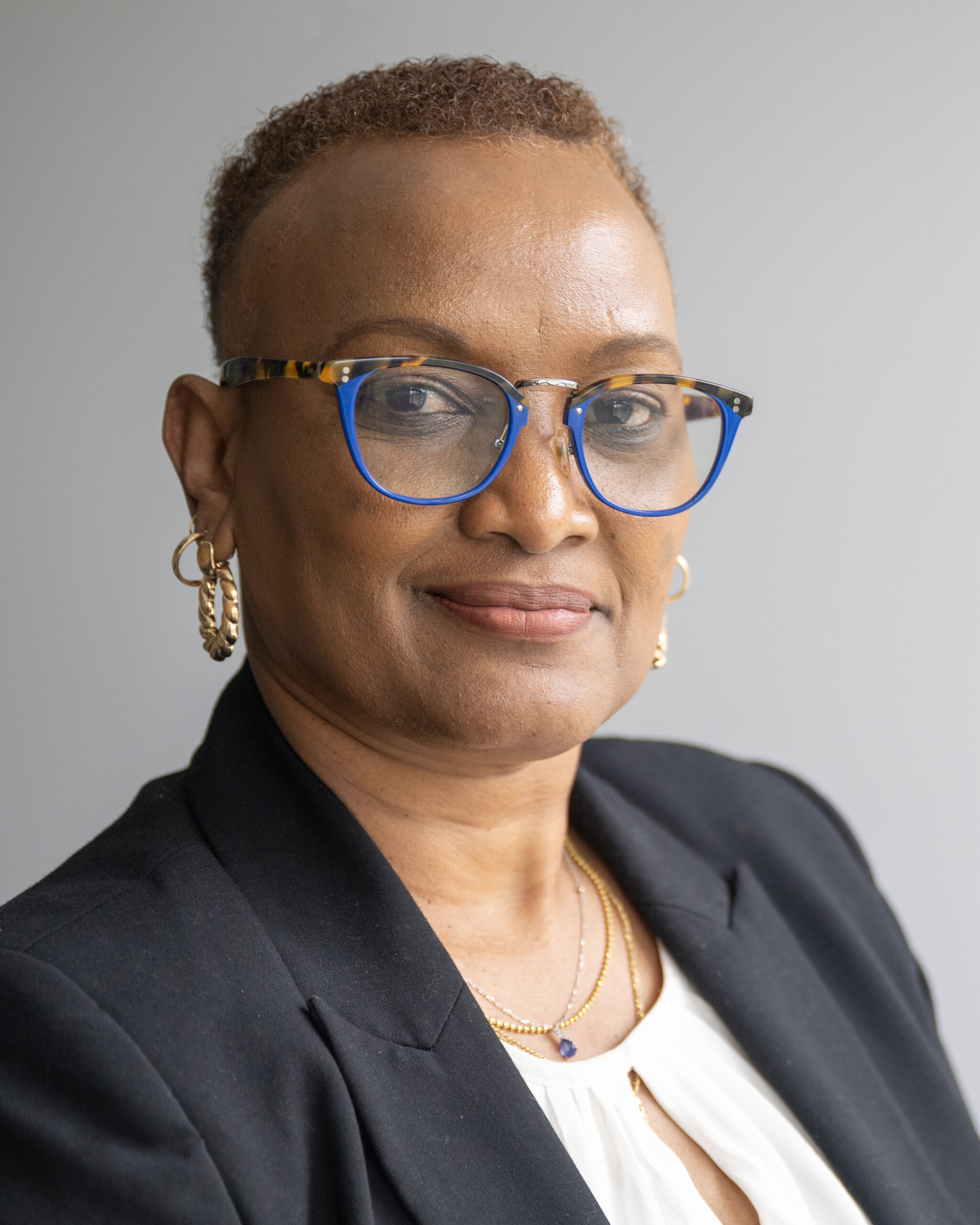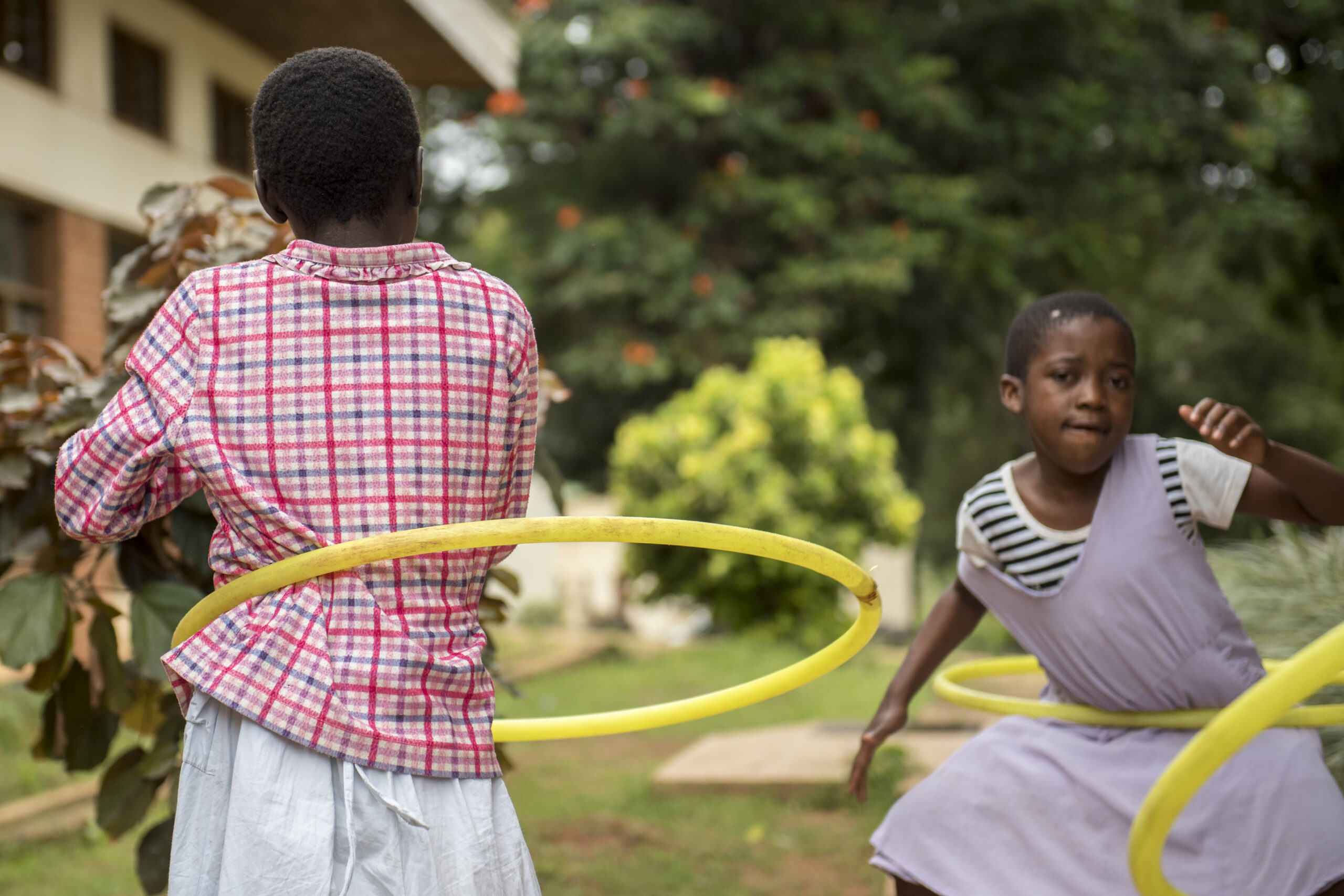For this year’s International Day of the Girl Child, the United Nations called for positive messages related to violence, child marriage, sexual and reproductive health, and male and female family roles. EGPAF Ambassador, Florence Ngobeni-Allen discusses the importance of empowering young women as a crucial tactic toward eliminating HIV.
Q: What is your experience on these subjects?
I got married young, and I had a child at a young age. But that did not stop me from being infected. Because I was naïve, I did not know anything about sexual and reproductive health. Avoiding marriage or a sexual relationship were not choices for me: marriage was a mode of survival, a path for escaping domestic violence at home. And education was a luxury I could not afford.
Many young women I see also have few choices when it comes to their sexual health and little or no access to education.
Research shows that violence against females substantially increases their vulnerability to HIV. For many girls, their first sexual encounter is through a violent act. And rapes too often result in the girls becoming infected with HIV.
Even when a sexual encounter is consensual, a girl who lacks information about her sexual health and about the causes and consequences of HIV remains at high risk. Every minute one young woman somewhere in the world becomes infected with HIV. Across sub-Saharan Africa, 72% of the young people living with HIV are girls, twice that of young men.
Of course, girls can only make choices when they have been made aware of what those choices are. In South Africa, I have seen many young women taking control of their situations through youth programs and education. Positive choices and health seeking behavior will become even more common as those positive choices are promoted and reinforced.
Q: How does economic empowerment help girls and women address HIV?
Economic issues are prominent factors when it comes to violence, child marriages, and sexual and reproductive matters. If a girl is hungry she is at risk.
When girls and young women have some degree of economic empowerment, they are no longer completely reliant on others and are more likely to make good choices related to their reproductive and sexual health.
These issues can all be tackled if everyone is involved—from family system, community institutions, and governments.
Q: In many countries of sub-Saharan Africa, EGPAF supports Ariel Camps at which children and adolescents living with HIV have fun together as they receive counseling and education about the virus. How have these camps particularly helped young women?
My experience of Ariel camp was breathtaking. Young girls had a platform to express themselves with no fear of what others might think of them. An Ariel camp is a safe environment of unity and a place for children discovering who they are.
Many girls living with HIV don’t have anyone they can trust to share their issues with. In the camp they are not alone anymore—and that discovery helps them heal their wounds.
The counselors at Ariel Camps are well trained and most are also HIV-positive, which means that they can relate to the experiences of the children.
Q: What can boys and men do to help girls and women achieve their potential?
Gender norms related to masculinity sometimes encourage men to have multiple sexual partners and for older men to seek teenage girls for sexual partners. Addressing these gender norms is important, but we need to be culturally sensitive as we do so. An approach that shows promise is supporting male champions to set a new pattern for other men.
Health is important to everyone, not just women, but men often do not access health services and rarely test for HIV. Encouraging men to look after they own health and access health services will be beneficial for all. One area where there has been some recent success is the promotion of voluntary medical male circumcision. This has encouraged boys and men to start paying attention to their own sexual health.
My dream is to see my own boys grow up to be responsible men. I am trying to teach them that no, means no. I also try to talk to them about the importance of looking after themselves and about sexuality, even though we have not yet started talking about the “birds and the bees.” My 8-year-old is a loving and caring boy; I try to encourage him to continue to be loving and caring towards others regardless of gender.
Florence Ngobeni-Allen is an HIV educator and EGPAF ambassador living in South Africa. She became infected with HIV at a young age and experienced the heartbreak of losing her daughter to AIDS. Now the healthy mother of two HIV-free boys, a PMTCT-success story, Florence raises awareness about HIV in South Africa and around the world.




